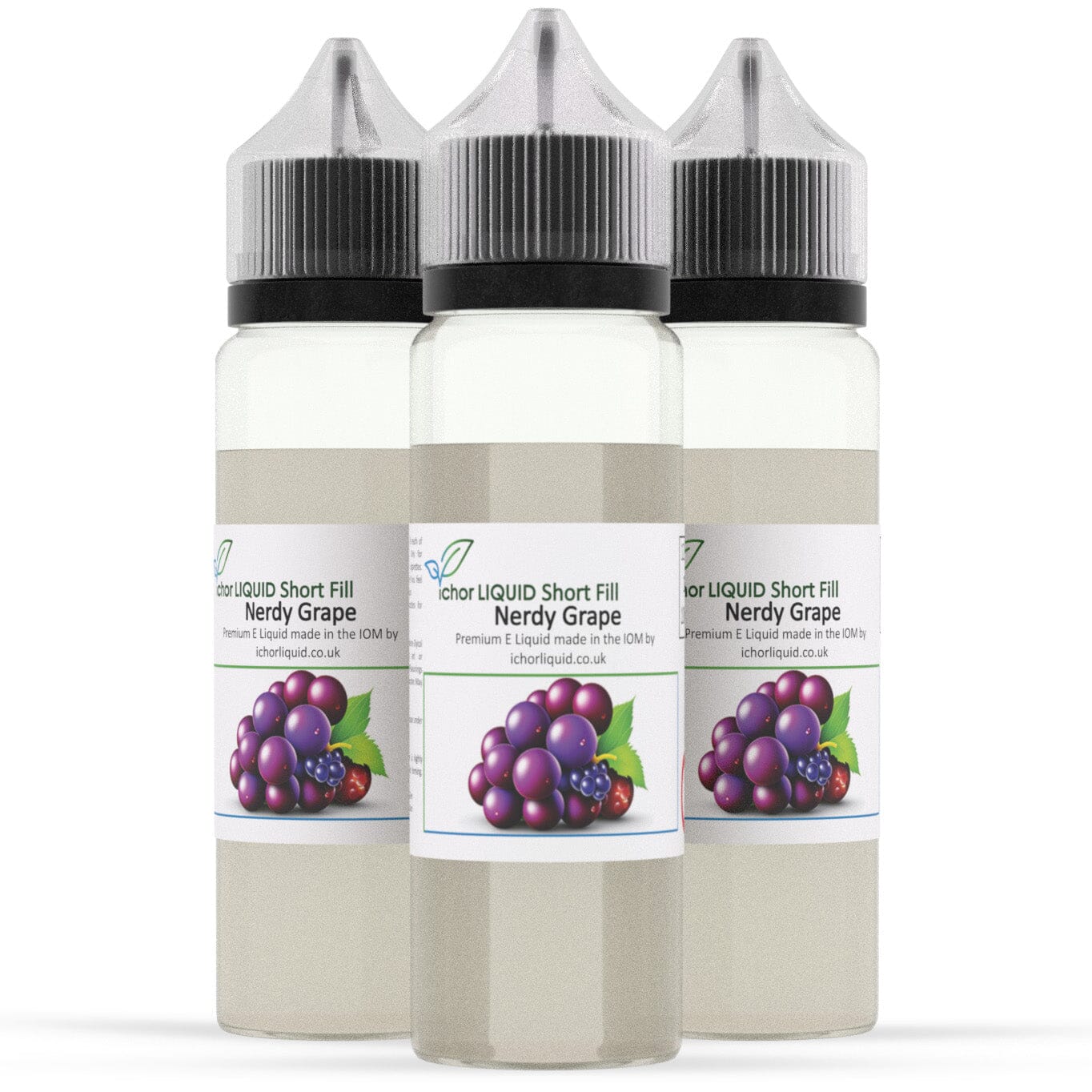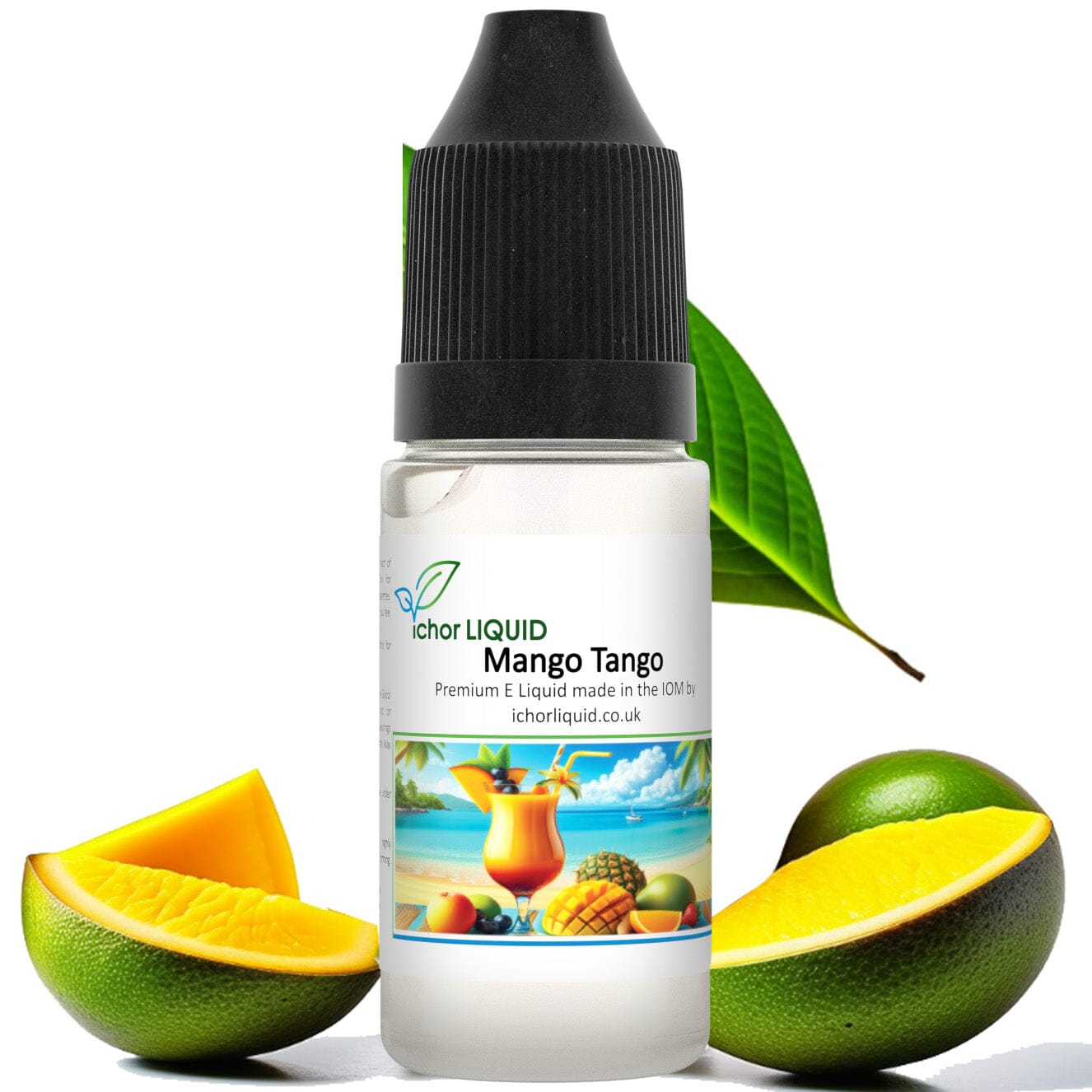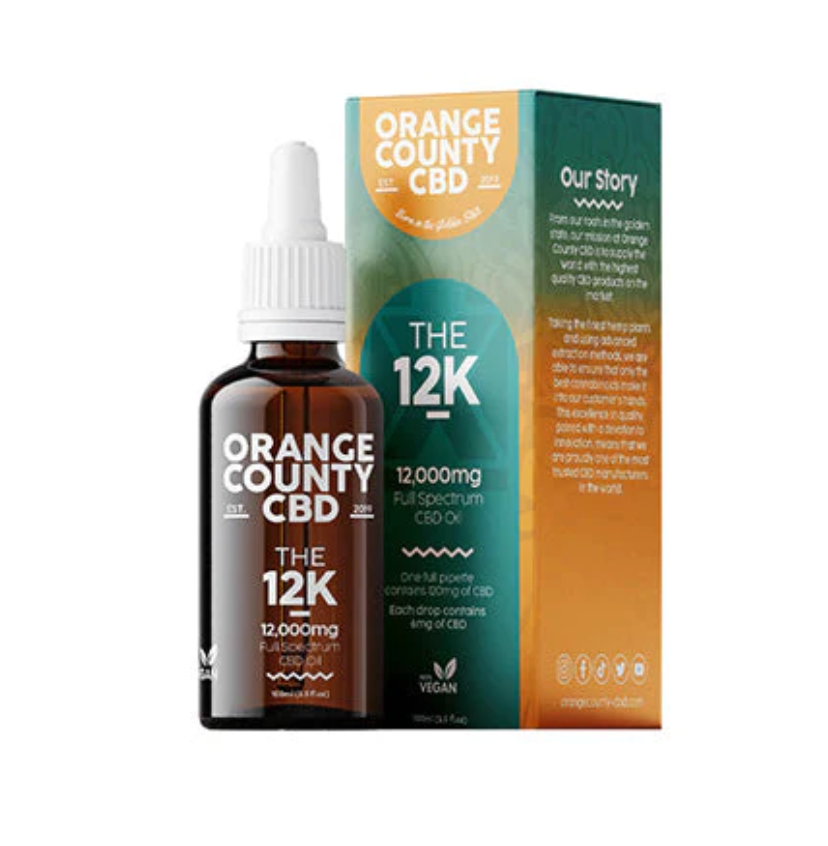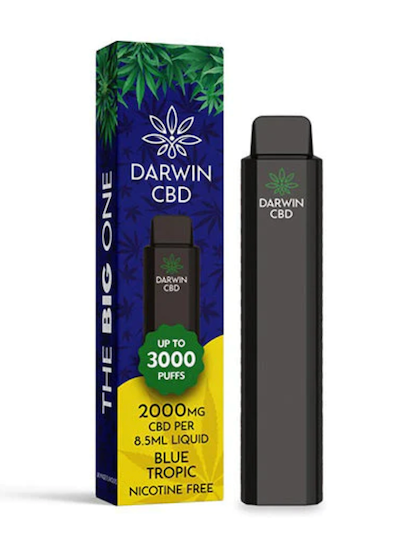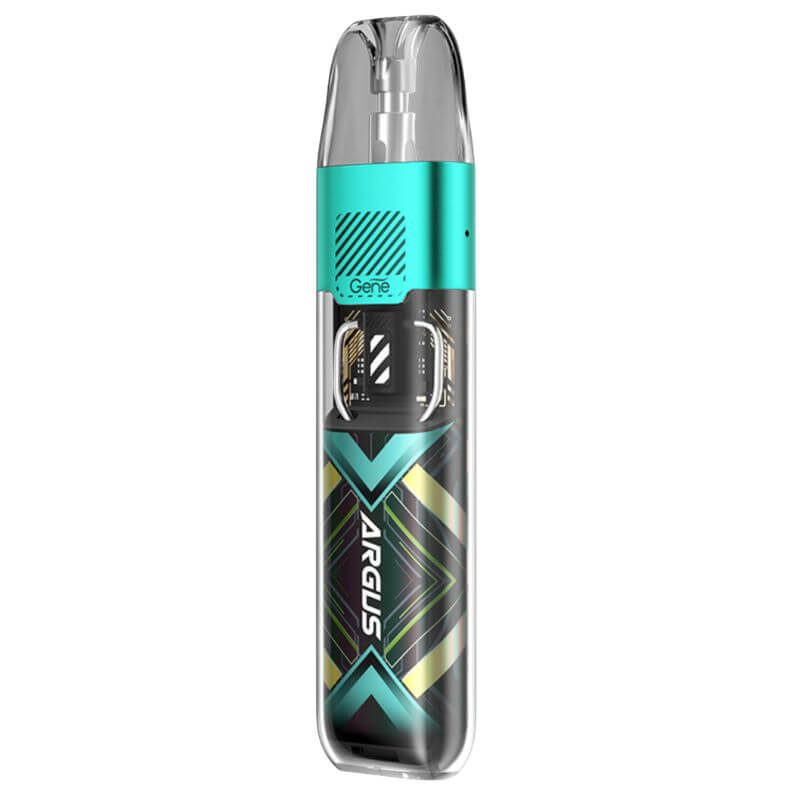CBD and Drug Tests - How Long is CBD Detectable in Your Body?

CBD and Drug Tests - How Long is CBD Detectable in Your Body?
Exogenous cannabinoids, such as CBD, have gained popularity for their potential health benefits, but concern remains about their impact on drug testing results. With the increasing use of CBD products, it is crucial to understand how long CBD stays in your system and how it may affect drug test outcomes. It is important to note that not all CBD products are created equal, and accurate labeling is essential to ensure a safe and legal product. Being informed about how long CBD remains detectable in your body can help you make informed decisions about its use and its potential impact on drug testing outcomes.
Understanding CBD
To truly understand the implications of CBD on drug tests, it’s important to have a basic understanding of what CBD is and how it interacts with the body.
What is CBD?
On a molecular level, CBD, or cannabidiol, is a compound found in the cannabis plant. Unlike its counterpart THC, CBD does not produce psychoactive effects. Instead, it is known for its potential therapeutic benefits, such as relieving pain, reducing anxiety, and promoting overall wellbeing. For a more detailed explanation, see What is CBD? A Beginner's Guide.
Status Legal Status and Common Uses
For instance, CBD derived from hemp containing less than 0.3% THC is legal at the federal level and has been used to treat conditions such as epilepsy, chronic pain, and inflammation. Despite its therapeutic potential, the legal status of CBD varies from state to state, leading to confusion among consumers. It’s important for individuals to familiarize themselves with the laws in their specific region.
CBD Metabolism and Detection
Clearly, understanding how CBD is metabolized and the factors that affect its detection in the body is crucial for those who are concerned about drug testing. The metabolism of CBD plays a significant role in how long it remains detectable in the body and can vary from person to person.
How the Body Processes CBD
The body processes CBD through the cytochrome P450 enzymatic system. This system is responsible for metabolizing a wide range of substances, including pharmaceutical drugs and toxins. When CBD is ingested, it is broken down into different metabolites by the liver before being eliminated from the body through urine and feces. For more on this topic, see Understanding CBD Metabolism.
Factors Affecting Detection Time
Body weight, metabolism, and frequency of CBD use are all factors that can affect how long CBD remains detectable in the body. Other factors include the potency and dosage of the CBD product consumed, as well as the method of consumption. Additionally, individual differences in the cytochrome P450 enzymatic system can also impact the metabolism and elimination of CBD. Though it's important to note that more research is needed to fully understand how these factors interact and influence the detection of CBD in drug tests. For an in-depth look at these factors, visit Factors Affecting CBD Duration in Your System.
Affecting detection time, these factors can lead to variations in how long CBD remains detectable in the body and can make it challenging to provide a definitive detection window for drug tests. It's important for individuals to be aware of these factors and consider them when determining their own risk of testing positive for CBD. For more details, see CBD and Its Residual Effects: How Long to Wait Before Testing.
Drug Tests and CBD
Not all drug tests are created equal when it comes to detecting CBD in the body. Understanding the different types of drug tests and how they may or may not detect the presence of CBD is important for CBD users who may be subject to drug testing.
Types of Drug Tests
On the market today, the most common types of drug tests used by employers and law enforcement include urine tests, blood tests, saliva tests, and hair tests. Each of these tests has its own detection window and can detect different substances. For example, urine tests can detect CBD forup to one week after use, while hair tests can detect CBD for up to 90 days. Therefore, the type of drug test used can greatly impact whether or not CBD will be detected in the body. For more information, check out CBD and Drug Screening: What You Should Know About Detection Times.
CBD and Drug Test Results
Drug testing for CBD can be a complex and often controversial issue. Some drug tests may indicate a positive result for THC, the psychoactive component of cannabis, even if the person being tested has only used CBD. This is because some CBD products may contain trace amounts of THC, which can trigger a positive result. For a comprehensive guide on navigating this issue, read CBD and Drug Testing: Navigating the Maze of Detection Timelines.
Minimizing Risks and Best Practices
Keep in mind that although the risk of testing positive for THC from using CBD is low, it’s not zero. To minimize the risk, it’s important to be vigilant about the CBD products you consume and follow best practices.
Choosing Quality CBD Products
Choosing high-quality CBD products is crucial in minimizing the risk of testing positive for THC. Look for products that are third-party tested and have a certificate of analysis (COA) available. This ensures that the product contains the stated amount of CBD and no more than 0.3% THC. Additionally, opt for products made from organic hemp to avoid exposure to pesticides, heavy metals, and other harmful substances. For tips on managing CBD use with drug tests, visit Managing CBD Use with Drug Tests: Tips for a Worry-Free Experience.
Recommendations for CBD Users
Quality CBD products and reputable companies are key to minimizing the risk of THC exposure. When using CBD, it’s important to start with a low dose and gradually increase as needed. This can help minimize any potential THC buildup in the body. Additionally, be sure to read product labels carefully and follow dosing instructions to avoid consuming more THC than intended. For further guidance, check out Measuring CBD Presence: A Guide to Detection Windows in Your System.
It is also advisable to research the laws and regulations regarding CBD and THC in your area to ensure compliance with local regulations. By carefully selecting quality products and following best practices, CBD users can minimize the risk of THC exposure and navigate drug tests with confidence. To explore more on this subject, see CBD Half-Life: Exploring the Time CBD Stays in Your Body.
Conclusion
On the whole, it is important to understand that while CBD may have numerous potential health benefits, it is still possible for it to show up on a drug test. As a result, individuals who are subject to drug testing should be cautious when consuming CBD products, as the length of time that CBD is detectable in the body can vary depending on several factors. Factors such as dosage, frequency of use, metabolism, and the type of drug test being administered can all play a role in determining how long CBD can be detected. While more research is needed to fully understand the effects of CBD on drug tests, it is clear that individuals should be mindful of the potential implications when using CBD products and facing drug testing. For further insights into the science behind CBD elimination from your body, visit The Science Behind CBD Elimination.
External Links for Additional Information:

